We’re so excited to join the #ArchivesHashtagParty! Organized by the U.S. National Archives, the #ArchivesHashtagParty is a way for all types of archives to share their collections on social media around a fun topic. They provide a new hashtag theme each month; we bring our own collections. This month we’re celebrating #ArchivesBlackEducation: we’ve post stories from our collections about Black educators and students each Friday through February for Black History Month. Here on the blog, we’ll share longer versions of those stories with more context from our collections.
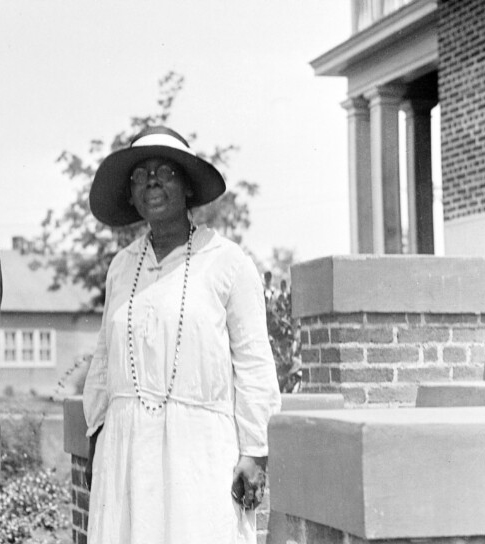
Virginia Randolph at the Henrico County Training School, 1926.
Jackson Davis Collection of African American Photographs, uva-lib-371493
A pioneer in rural southern education for blacks during the Jim Crow Era, Virginia Estelle Randolph’s (1870-1958) career spanned over 60 years.
Born in May 1870, Randolph was raised in Richmond, Virginia, to formerly enslaved parents Nelson Edward Randolph and Sarah Carter Randolph. She graduated from the school previously known as the Virginia Normal School (now Armstrong High School), in Richmond at age 16. Randolph began her first teaching position in Goochland County, Virginia. A devoted educator, she was known for her tireless commitment to her students and her commitment to giving them a holistic education: “I believe in educating the hands, minds, the eyes, the feet and the soul.” Her dedication and passion for education did not go unnoticed, in 1908 Randolph became the first “Jeanes Supervising Industrial Teacher” in the South.
The Jeanes Program was established in 1907 and funded by Anna T. Jeanes, a Quaker philanthropist from Philadelphia, Pennsylvania. The program provided funding for educators to teach both vocational and academic skills to African Americans in rural communities.
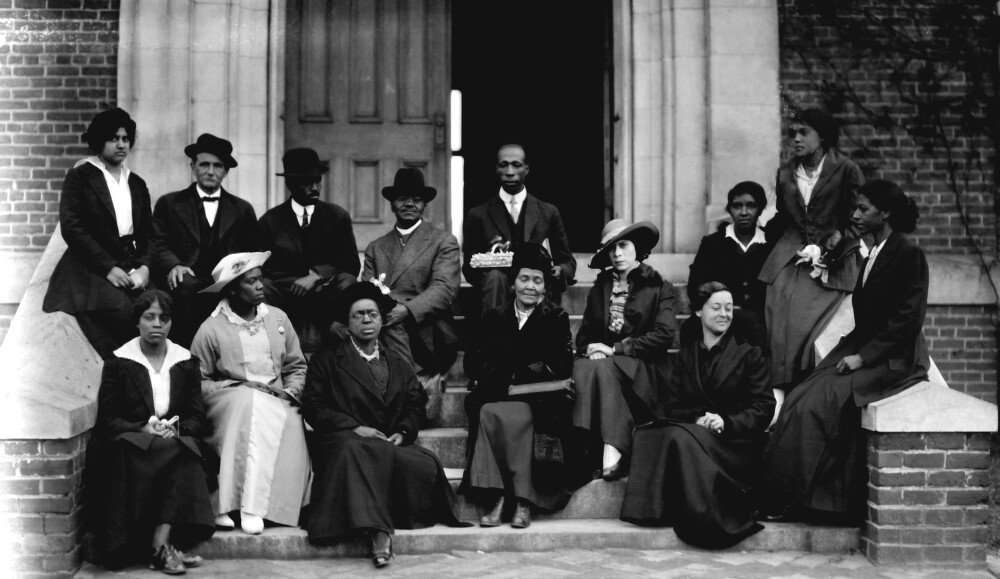
Jeanes Teachers, South Carolina, 1917. Jackson Davis Collection of African American Photographs, uva-lib-369896
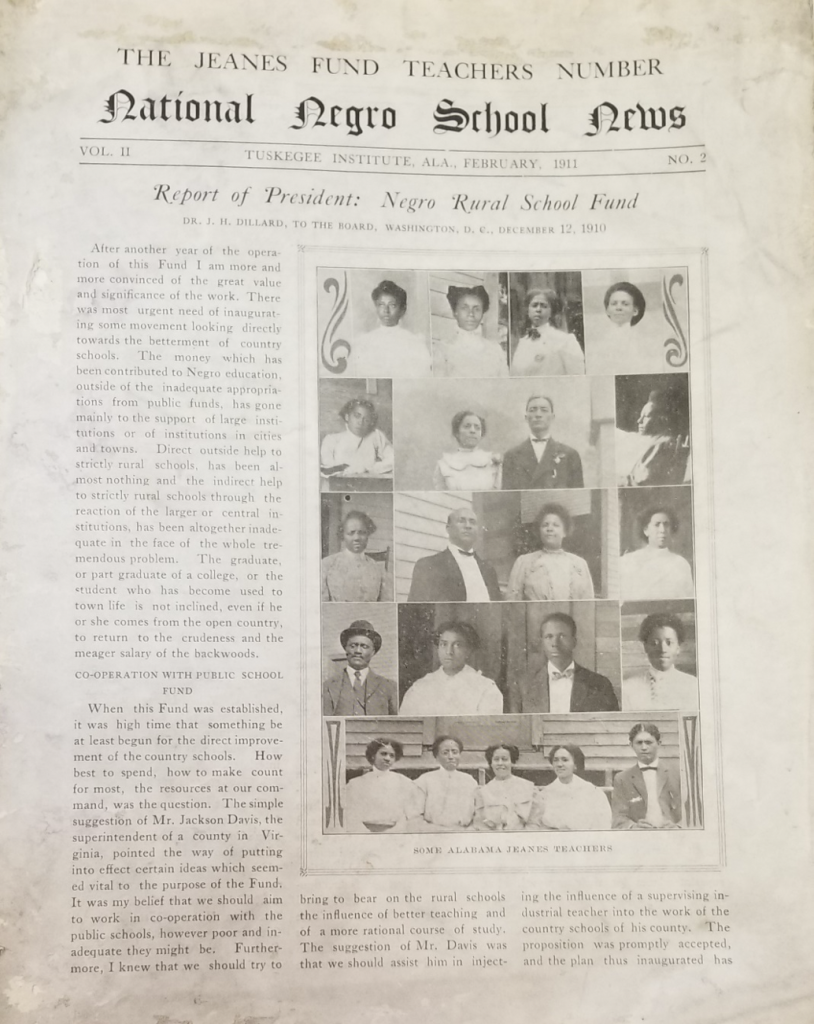
This February 1911 Issue of the National Negro School News is published by the Tuskegee Institute and is solely devoted to Jeanes Teacher Fund. Papers of the Dillard Family, MSS 9498.
In her position as a Jeanes Teacher Supervisor, she oversaw 23 elementary schools in Henrico County, Virginia. As the first Supervisor of the Jeanes Teacher program, Randolph devised an in-service training program for African American teachers and improved the curriculum of the schools she supervised. Given the autonomy to create her own program, she specifically designed industrial work and community support programs to meet the needs of the communities she served. She wrote a book documenting the success of her program called the Henrico Plan, which would later serve as a reference source for Southern schools receiving funding from the Jeanes Foundation. Randolph held this position for over 40 years, retiring in 1949.
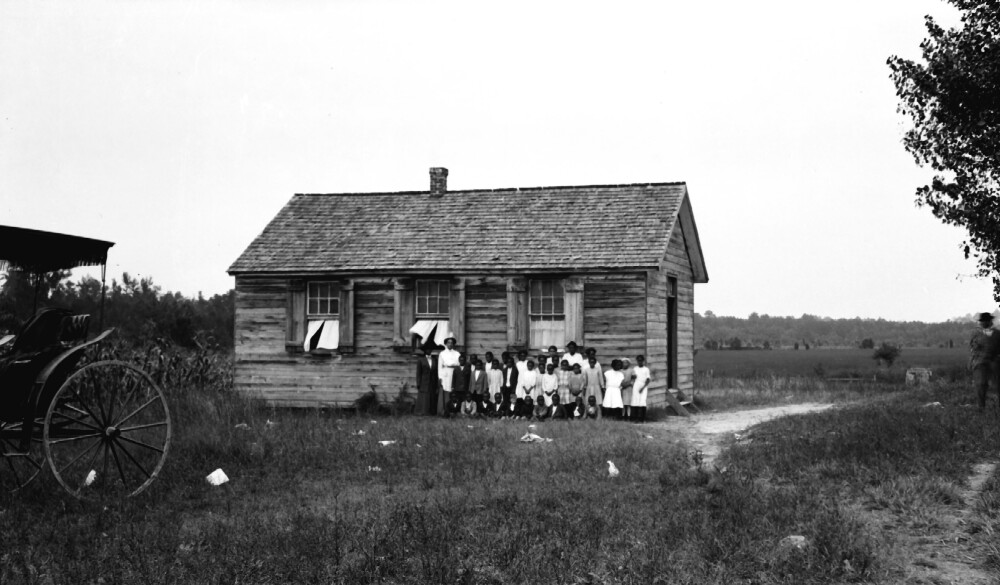
Virginia Randolph visiting a one room school in Henrico, County, Va (circa 1915/1941). Jackson Davis Collection of African American Photographs, uva-lib-326316
Virginia Randolph died March 16, 1958 of cardiovascular disease. In 2009, 51 years after her death, Randolph was posthumously honored by the Library of Virginia as one of their “Virginia Women in History” for her career and contributions to education.
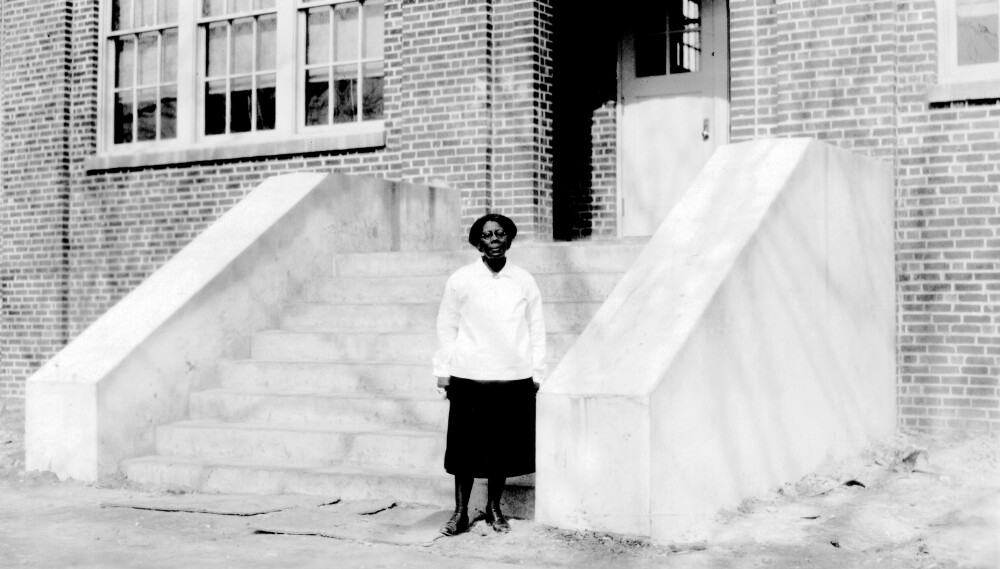
Virginia Randolph at Dedication of New School Building. Jackson Davis Collection of African American Photographs, uva-lib-372185
Learn more about “Miss Randolph” in this 2018 Richmond Mag feature, or visit the Virginia Randolph Museum in Richmond, Virginia.


Virginia Randolph’s story is indeed inspiring. Henrico County has a historic site that commemorates her work.